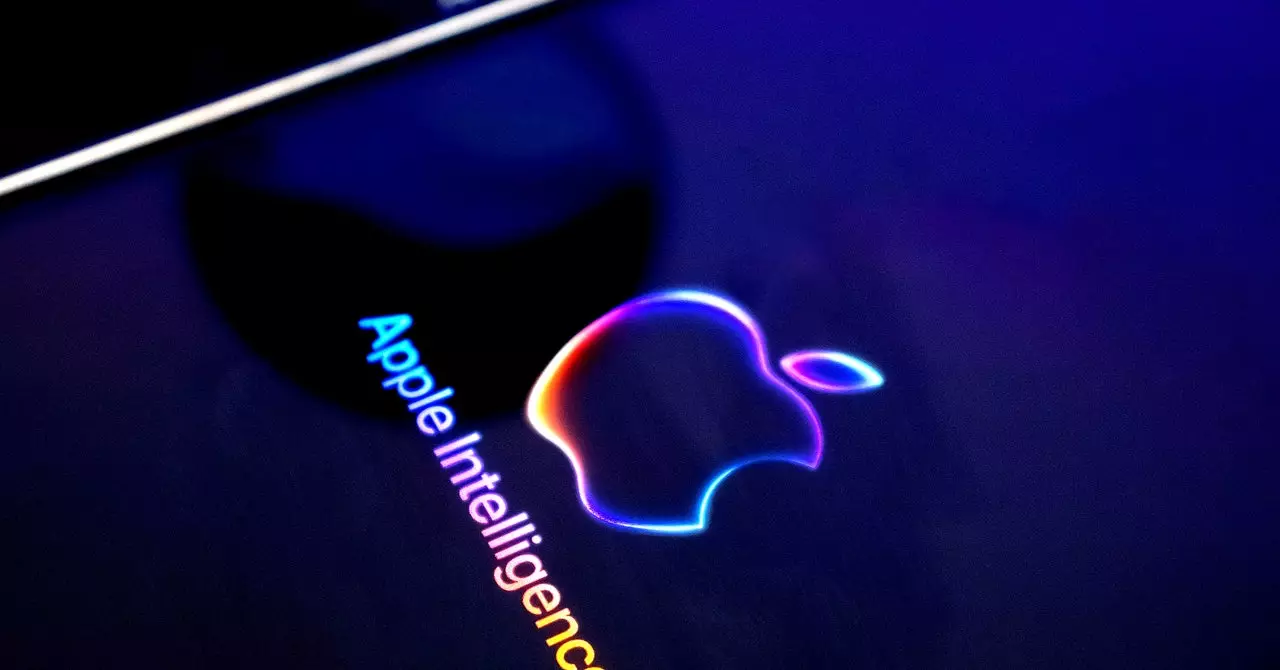Privacy and security concerns are at the forefront of the discussion surrounding Artificial Intelligence (AI) in the tech industry. As Google and Apple continue to develop AI features for their devices, questions arise about how user data is handled and protected. This article will delve into the approaches taken by both companies and analyze the implications for consumer privacy.
Google, along with its hardware partners, emphasizes the importance of privacy and security in their AI approach. The Vice President of Samsung Electronics, Justin Choi, highlights the control users have over their data and the uncompromising privacy offered by their hybrid AI. The on-device AI features provide an additional element of security by performing tasks locally on the device without storing or uploading data to the cloud. Google assures that data processed in their data centers is protected by robust security measures, ensuring that user information stays within secure server architectures.
Samsung has introduced a new security and privacy option called Advanced Intelligence settings, giving users the choice to disable cloud-based AI capabilities. By clearly indicating which AI functions run on the device and adding watermarks to generative AI content, Samsung aims to enhance transparency and control for users. Google, on the other hand, leverages on-device models for sensitive cases like screening phone calls, ensuring that data never leaves the phone for processing by third parties.
Apple’s AI strategy appears to prioritize on-device processing and privacy protection. Unlike Google, Apple focuses on how AI is implemented rather than where it is processed. The emphasis on privacy-first practices could set a new standard for the industry, according to experts. However, Apple’s recent partnership with OpenAI, which entails sharing data with a third-party vendor, raises concerns about potential compromises in user privacy.
The deal between Apple and OpenAI has sparked debates about the company’s commitment to privacy. Despite refuting claims that the partnership compromises iPhone security, Apple’s decision to collaborate with an external vendor like OpenAI raises eyebrows. While Apple assures users that privacy protections are built into accessing ChatGPT and that permission will be asked before sharing queries, concerns remain about data use policies and potential exposure of user information.
The AI privacy battle between Google and Apple highlights the ongoing challenges in ensuring user data protection in the digital age. While both companies claim to prioritize privacy and security in their AI features, the recent developments, such as Samsung’s Advanced Intelligence settings and Apple’s OpenAI partnership, underscore the complexities of balancing innovation with privacy concerns. As the tech industry continues to evolve, it will be crucial for companies to address these issues transparently and responsibly to earn users’ trust.


Leave a Reply